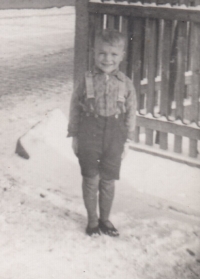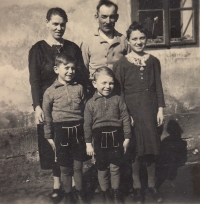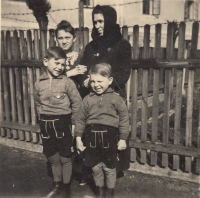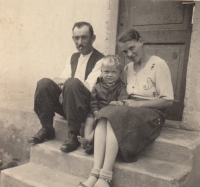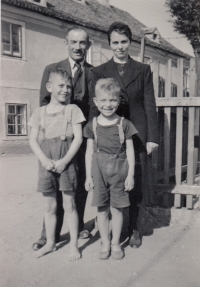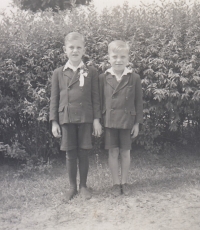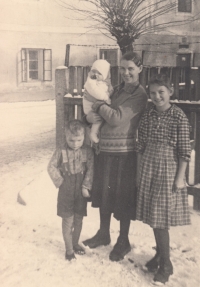They had their suitcases ready for three years, but they finally were not displaced
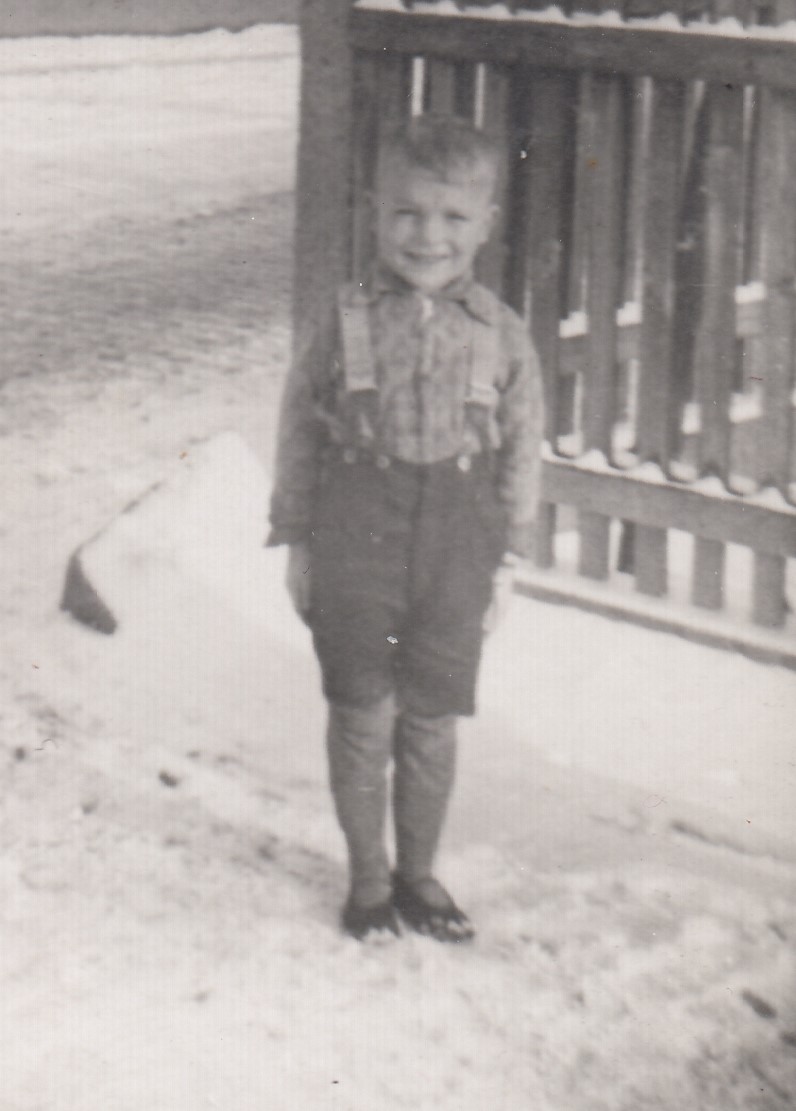
Download image
Jiří Pötzl was born as Georg Pötzl on 1 April 1936 in Dřenice near Cheb. He came from a mixed marriage, his father was German and his mother Czech. During the bombing of Cheb at the end of World War II, the family lost their house. His father was hiding from enlistment in the Volkssturm, his brother left but never returned from the fighting. After the war, father’s entire family was expelled, but the witness and his parents and siblings were allowed to stay because of the mixed marriage. Georg Pötzl did not obtain Czechoslovak citizenship until 1955 and had to change his name to Jiří. Because of his German origin, he could not train as an auto mechanic. He became a bricklayer, but most of the time he worked as a bus driver for the Czechoslovak Bus Transport. From the 1960s he visited his relatives in West Germany, but he never wanted to emigrate. From the 1990s he became involved in the activities of the Union of Germans in the Cheb region. In 2023 he was living in Cheb. The memories of the witness were recorded and processed thanks to the financial support of the town of Cheb.
